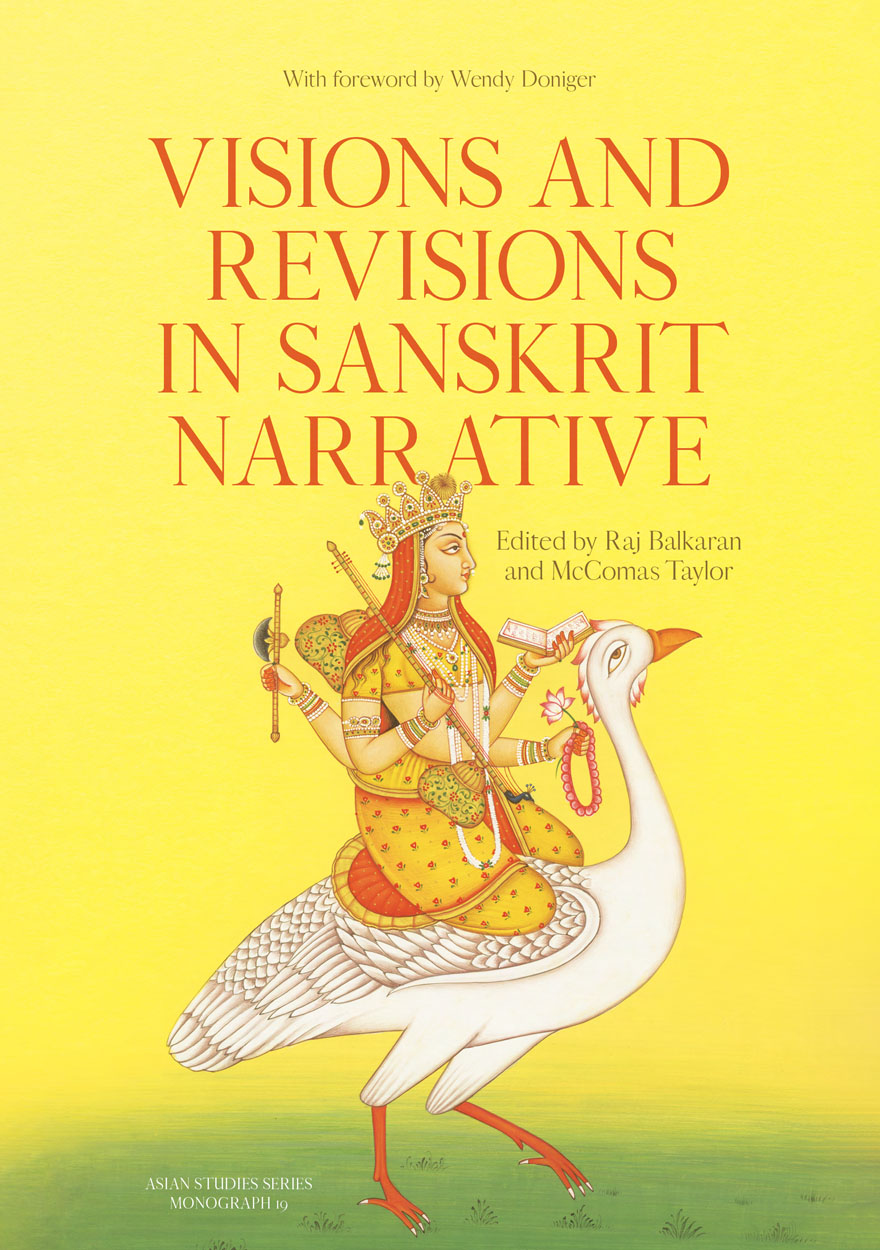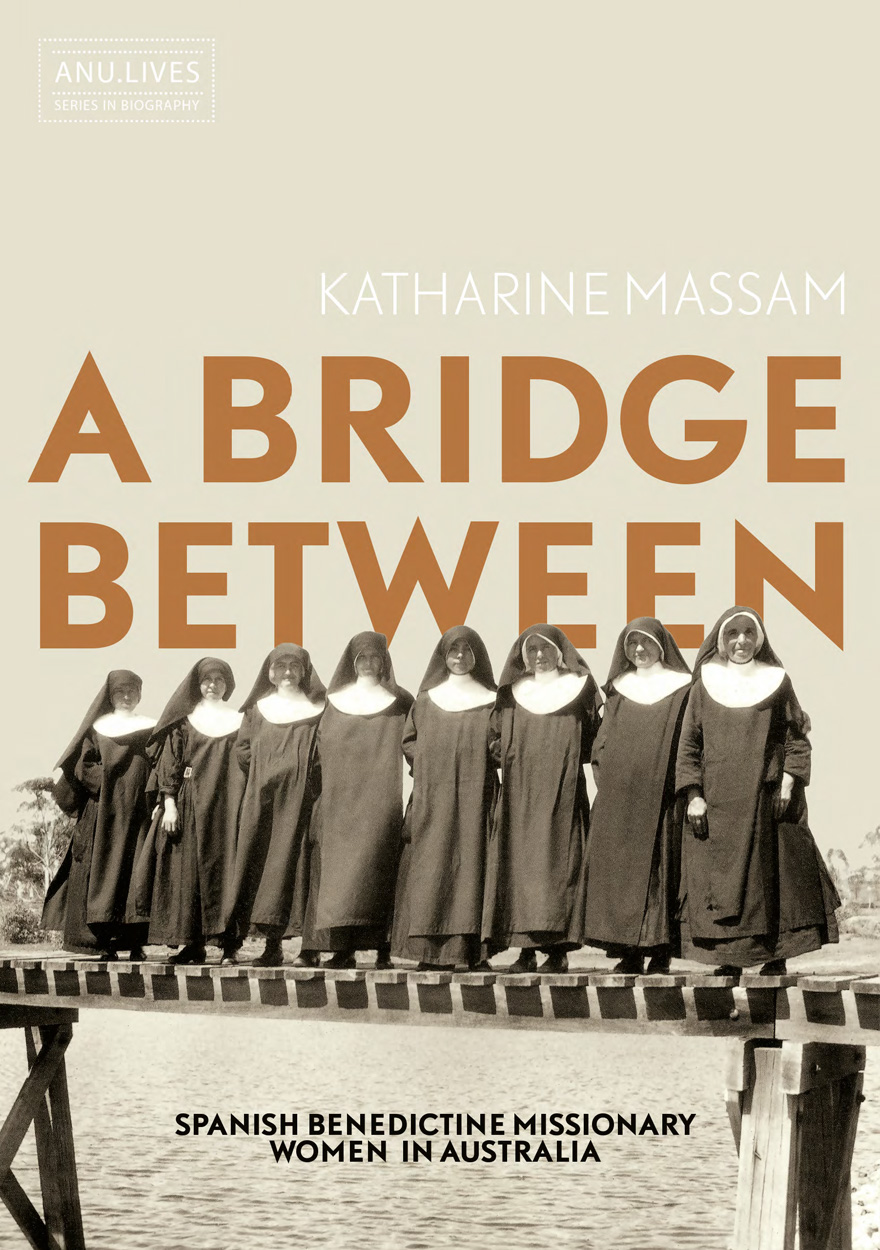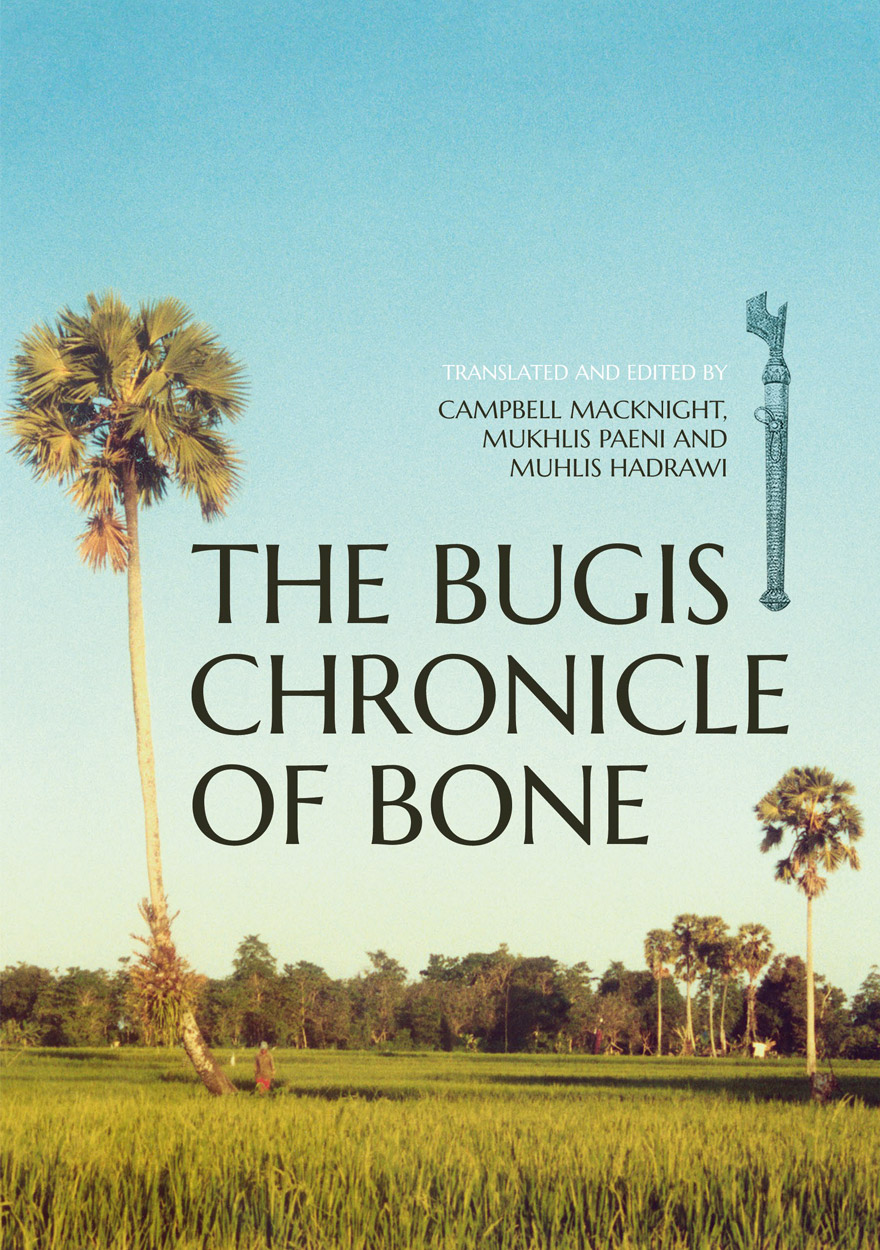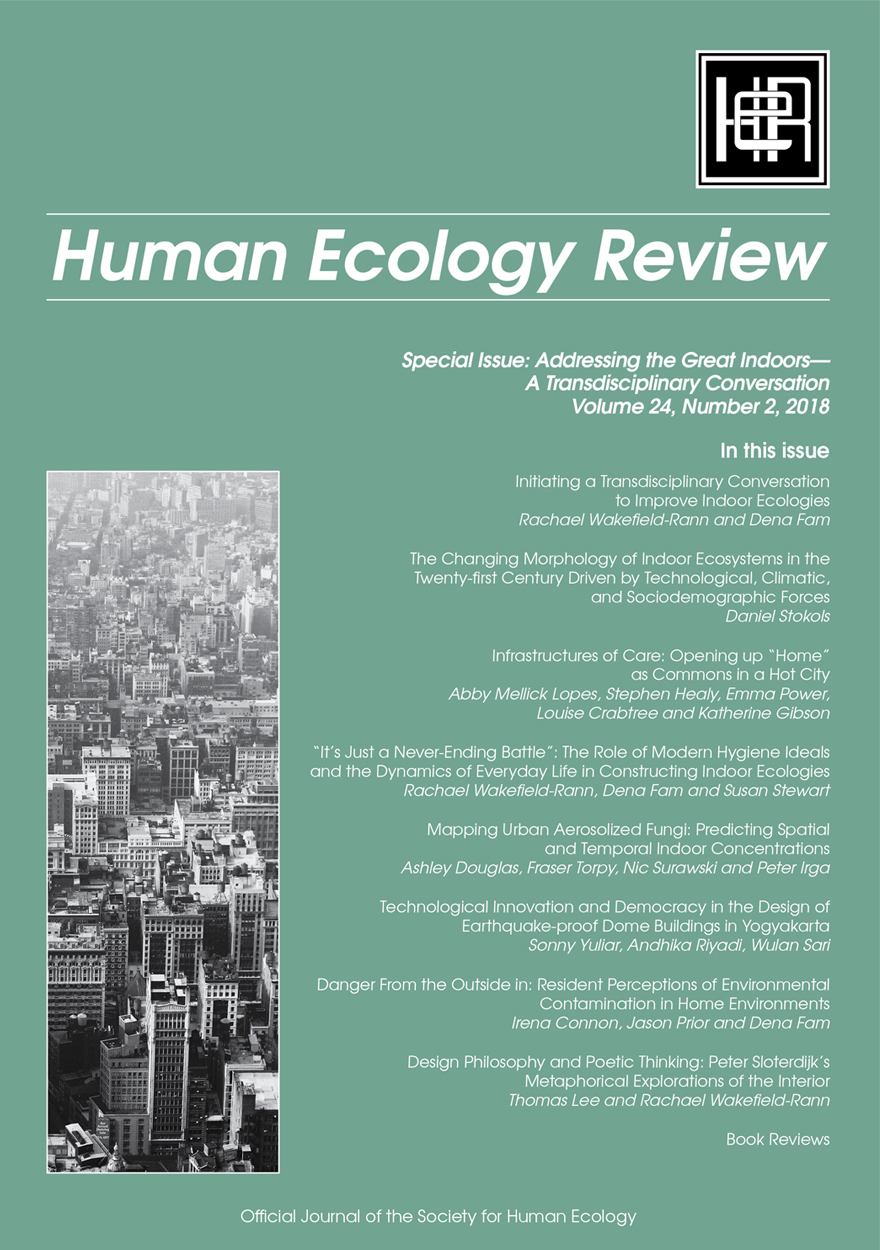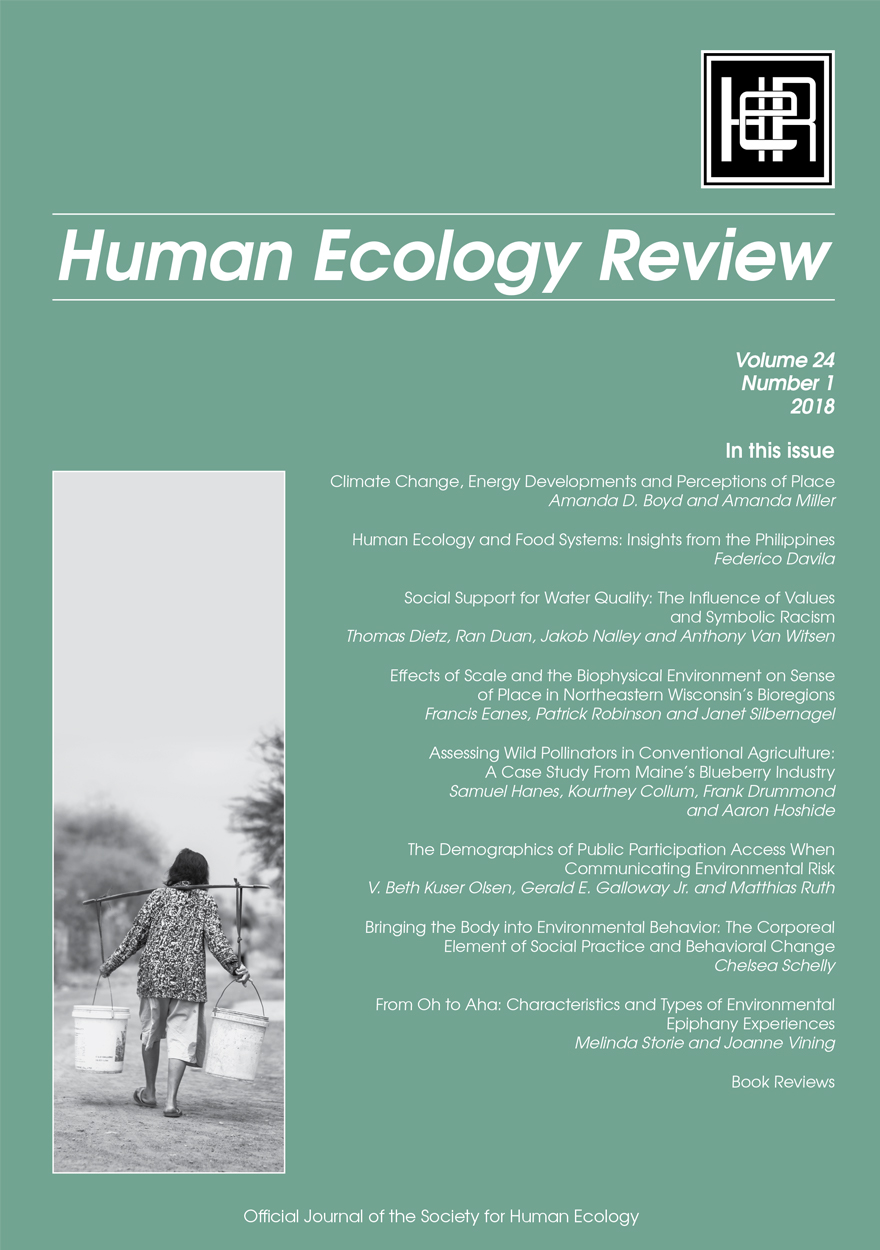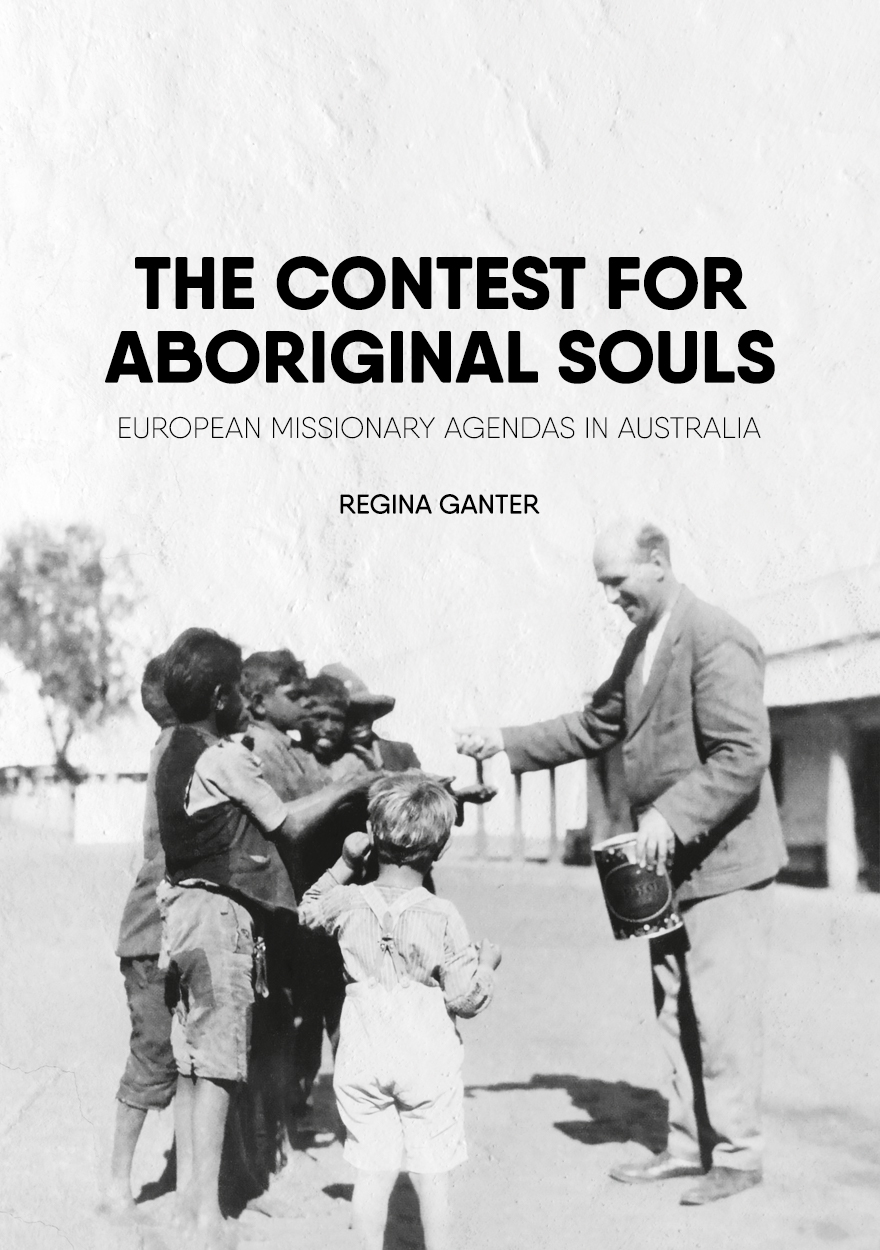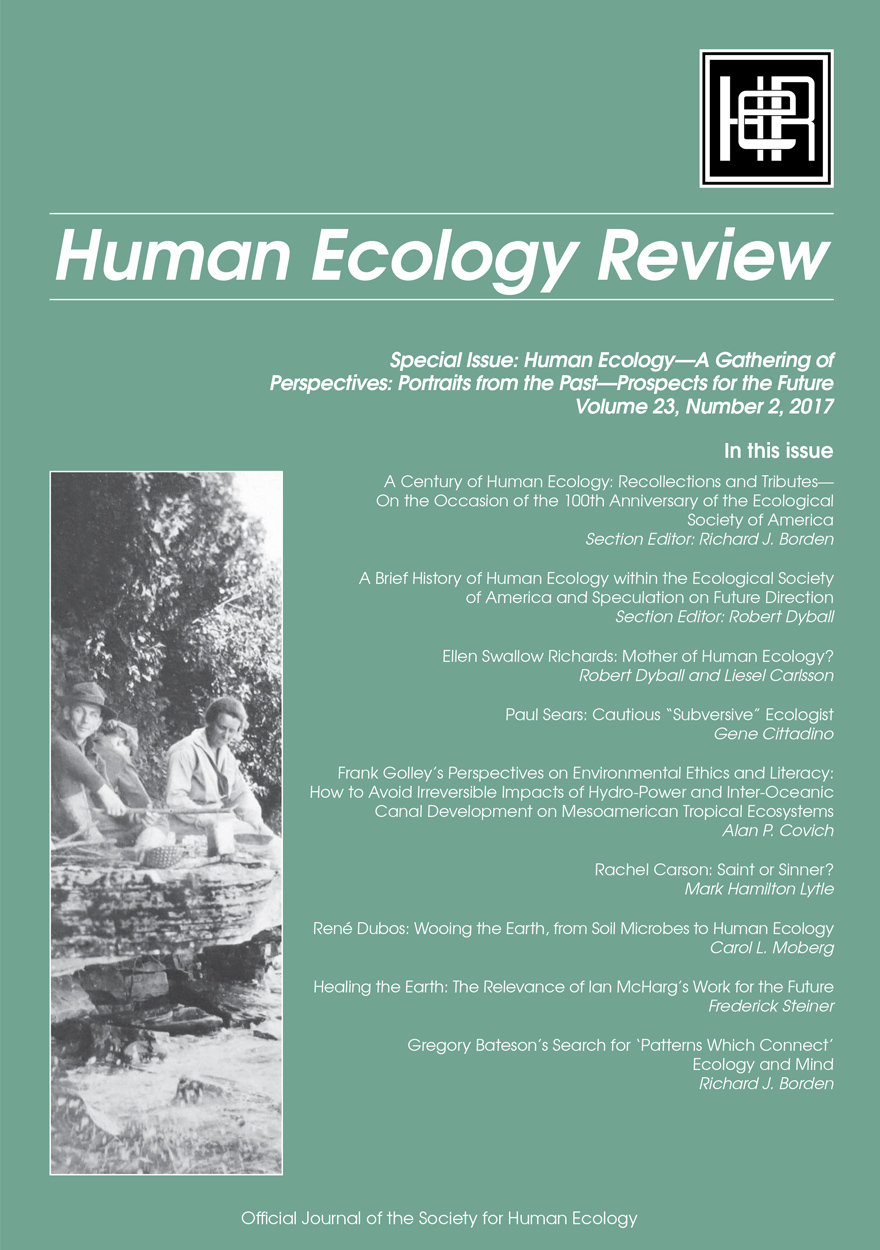
Focality and Extension in Kinship
Essays in Memory of Harold W. Scheffler
Edited by: Warren ShapiroPlease read Conditions of use before downloading the formats.
Description
When we think of kinship, we usually think of ties between people based upon blood or marriage. But we also have other ways—nowadays called ‘performative’—of establishing kinship, or hinting at kinship: many Christians have, in addition to parents, godparents; members of a trade union may refer to each other as ‘brother’ or ‘sister’. Similar performative ties are even more common among the so-called ‘tribal’ peoples that anthropologists have studied and, especially in recent years, they have received considerable attention from scholars in this field. However, these scholars tend to argue that performative kinship in the Tribal World is semantically on a par with kinship established through procreation and marriage. Harold Scheffler, long-time Professor of Anthropology at Yale University, has argued, by contrast, that procreative ties are everywhere semantically central, i.e. focal, that they provide bases from which other kinship ties are extended. Most of the essays in this volume illustrate the validity of Scheffler’s position, though two contest it, and one exemplifies the soundness of a similarly universalistic stance in gender behaviour. This book will be of interest to everyone concerned with current controversy in kinship and gender studies, as well as those who would know what anthropologists have to say about human nature.
“The study of kinship once ruled the discipline of anthropology, and Hal Scheffler was one of its magisterial figures. This volumes reminds us why. Scheffler’s powerful analyses of kinship systems often conflicted with the views of his more relativist contemporaries. He cut through the fog of theory to emphasise the human essentials, namely the importance of the social bonds rooted in motherhood and fatherhood. Anthropology in its decades-long retreat from the serious study of kinship has lost a great deal. This volume points the way to a restoration.”
— Peter Wood, National Association of Scholars
Details
- ISBN (print):
- 9781760461812
- ISBN (online):
- 9781760461829
- Publication date:
- Apr 2018
- Imprint:
- ANU Press
- DOI:
- http://doi.org/10.22459/FEK.04.2018
- Disciplines:
- Arts & Humanities: Philosophy & Religion; Social Sciences: Anthropology
PDF Chapters
Focality and Extension in Kinship »
Please read Conditions of use before downloading the formats.
If your web browser doesn't automatically open these files, please download a PDF reader application such as the free Adobe Acrobat Reader.
To copy a chapter DOI link, right-click (on a PC) or control+click (on a Mac) and then select ‘Copy link location’.
- Preliminary Pages (PDF, 0.3MB)
- List of Figures and Tables (PDF, 0.1MB)
- Acknowledgements (PDF, 0.1MB)
- Contributors (PDF, 0.1MB)
Part I.
- Introduction: Hal Scheffler’s Extensionism in Historical Perspective and its Relevance to Current Controversies (PDF, 0.2MB) – Warren Shapiro and Dwight Read doi
Part II. The Battle Joined
- Hal Scheffler Versus David Schneider and His Admirers, in the Light of What We Now Know About Trobriand Kinship (PDF, 0.2MB) – Warren Shapiro doi
- Extension Problem: Resolution Through an Unexpected Source (PDF, 0.8MB) – Dwight Read doi
Part III. Ethnographic Explorations of Extensionist Theory
- Action, Metaphor and Extensions in Kinship (PDF, 0.2MB) – Andrew Strathern and Pamela J. Stewart doi
- Should I Stay or Should I Go? Hunter-Gatherer Networking Through Bilateral Kin (PDF, 0.5MB) – Russell D. Greaves and Karen L. Kramer doi
- Properties of Kinship Structure: Transformational Dynamics of Suckling, Adoption and Incest (PDF, 0.5MB) – Fadwa El Guindi doi
- Of Mothers, Adoption and Orphans: The Significance of Relatedness in a Remote Aboriginal Community (PDF, 0.2MB) – Victoria Katherine Burbank doi
Part IV. Extensionist Theory and Culture History
- Enhancing the Kinship Anthropology of Scheffler with Diachronic Linguistics and Centricity (PDF, 1.9MB) – Patrick McConvell doi
Part V. Questioning Extensionist Theory
- Why Do Societies Abandon Cross‑Cousin Marriage? (PDF, 0.3MB) – Robert Parkin doi
- Toward Reinvigorating an Ethnolinguistic Approach to the Study of ‘Kin Terms’: A View from Nascent-based Zuni Relational Terminology (PDF, 0.3MB) – Linda K. Watts doi
Part VI. Extensionist Theory and Human Biology
- Creeping Plants and Winding Belts: Cognition, Kinship, and Metaphor (PDF, 0.2MB) – Bojka Milicic doi
- Kinship in Mind: Three Approaches (PDF, 0.2MB) – Doug Jones doi
- Do Women Really Desire Casual Sex? Analysis of a Popular Adult Online Dating/Liaison Site (PDF, 0.3MB) – Michelle Escasa-Dorne and William Jankowiak doi
Other publications that may interest you




